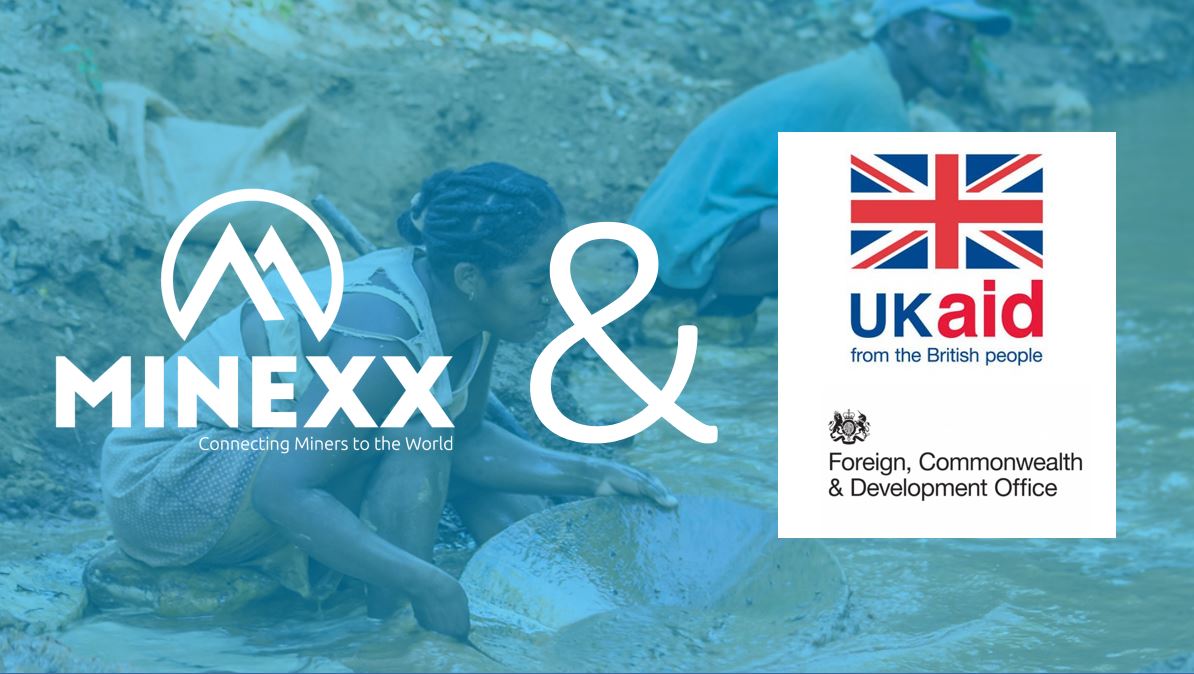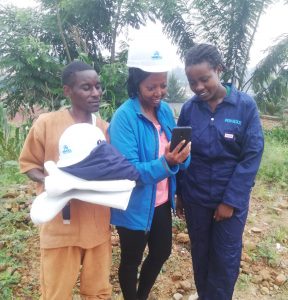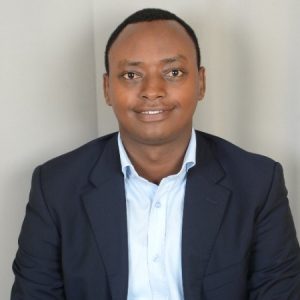Minerals are fundamental for today’s modern society. They are in all electronics, from smartphones to electric cars.
That is the demand. The reality of the supply is that many of the minerals come from artisanal mining in sub-Saharan Africa.
Our strategic partnership with the FCDO and, in particular, the Frontier Technologies Livestreaming Programme (FTL) is really helping us understand how we can improve the supply chain for all participants and especially at source with the artisanal miners.
Through this project at mine sites in South Kivu, Democratic Republic of Congo, we are testing how cooperatives, team leaders, and miners accept digital payments through the Minexx platform. Miners are able to confirm the exchange of ore for income via mobile payment and a picture as proof of exchange.
Capturing this moment on the ground at the mine site is crucial. This is the starting point for bringing traceability, transparency and trust to the value chain.
So from our latest phase of activity, here are the key learnings as we seek to take the project forward.
Firstly, there is the immense complexity of the value chain. There are many stakeholders involved, from the miner, the mining team leader, the co-operative, the concession owner, local traders and then up to the local authorities, government as well as non-government entities.
Even on paper this stakeholder matrix is relatively complex but then there is the additional layer of pushing forward projects like this on the ground. This means that getting to the miners is challenging and ensuring incentives are aligned, though there is broad support from all parties, .
Secondly, there are challenges on the banking side of the operation. At the moment, billions of dollars a year in cash are distributed to mine sites and miners globally. Banks have no understanding of where this money goes and risk getting shut off by US banks supplying the dollars for failing to meet compliance and know your customer requirements.
Lastly, access to finance is also a real challenge. Here we have progressed in conversations with governments and miners and the main challenge is access to finance. Banks lack the transparency and trust of the sector to loan to mine sites. This is a vicious circle which leads to poor outcomes with mines unable to invest in equipment or expertise to operate safely or formalise.
The overall realisation from this sprintproject is that the value chain is actually opaque, outdated and fragmented.
So we have to confront an unacceptable reality, that the minerals driving our clean tech revolution go through an opaque and outdated value chain, while African countries are losing more in mineral tax evasion than they gain in foreign aid.
It is the most unsophisticated $100bn market in the world.
But now advances in technology also give us an opportunity to reshape this sector, from the moment a mineral comes out of the ground, tracing its journey into our consumer goods.
And so we are looking to break the cycle of some of the challenges that the pilot has unearthed. The focus of the next sprint is to explore the fintech angle with banks to reduce cash risk and to deploy the platform to bring access to finance to more parties.
This ongoing pilot is crucial to us improving our systems and our approach.
Our technology – in the form of our blockchain platform which has global application – can help us find a solution, enabling trade and compliance bringing benefits to miners, smelters, traders, tech companies and governments while directly impacting 10 of the 17 Sustainable Development Goals.
But just as important as the global application is the day to day application on the ground. Minexx’s mission is to secure the supply chain from earth to tech and the strategic partnership with FCDO and the FTL programme this strategic partnership is a critical element in addressing this challenge.






